Display videos
Yes, I'd like to see videos dispalyed.
He joined the U19s at FC Augsburg in 1976 after he became too good for SV Hammerschmiede. There he developed into a youth international. Playing for the Germany youth team he came to the attention of Hennes Weisweiler, the coach at FC Köln. He brought Schuster to the double winners in Cologne in 1978. He played his first Bundesliga match for the team from the cathedral city. But not in his usual position as a sweeper but as a substitute in the second half for the injured right-back Dieter Prestin. From that match on he was regularly in the starting line-up and in the position where another Köln player was missing. At some point he became the first choice in the Köln midfield. In just over two years he played 61 Bundesliga games for FC Köln and scored ten goals.
The "blond angel", as he was known in the media due to his long blond hair, made his debut in the national team at the age of 19 in May 1979. A year later he was a regular first choice and won the European Championships with Germany in 1980. His performances there brought him to the attention of top Spanish club Barcelona. Schuster joined the Catalan side in 1984 for a transfer fee of 3.5 million Deutschmarks. In the next eight years at Barcelona, he won La Liga once, the Spanish cup three times and the European Cup Winners Cup in 1982. However, he did end his international career at that time due to personal differences with Germany coach Jupp Derwall after just 21 games.
In Spain, Bernd Schuster became an inspired midfield maestro. After overwhelmingly successful years at Barcelona he moved on to arch rivals Real Madrid – also because Barcelona did not extend his contract. In two years at Real Madrid, he won the double in the first year in 1989 and the Spanish league title the following year. After two years at Real the interest in their German player fell and he looked for a new club at the age of 31. Atletico Madrid, the local rivals to Real, who had a poor start to the season in 1990/91, signed the unattached Bernd Schuster. With him Atletico finished runners-up in Spain and also won the national cup competition, which the ‘Colchoneros’ went on to win again in 1992.
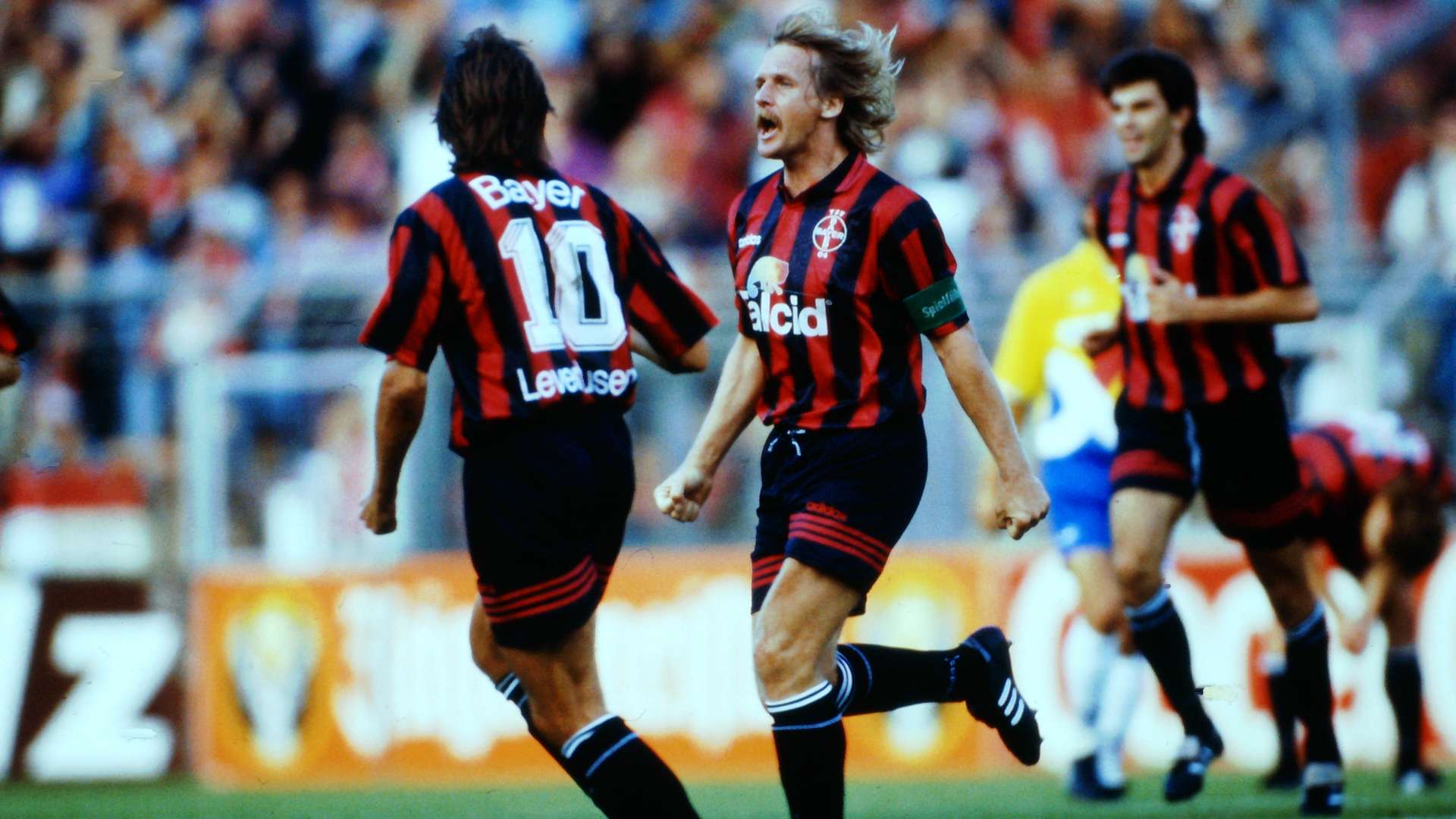

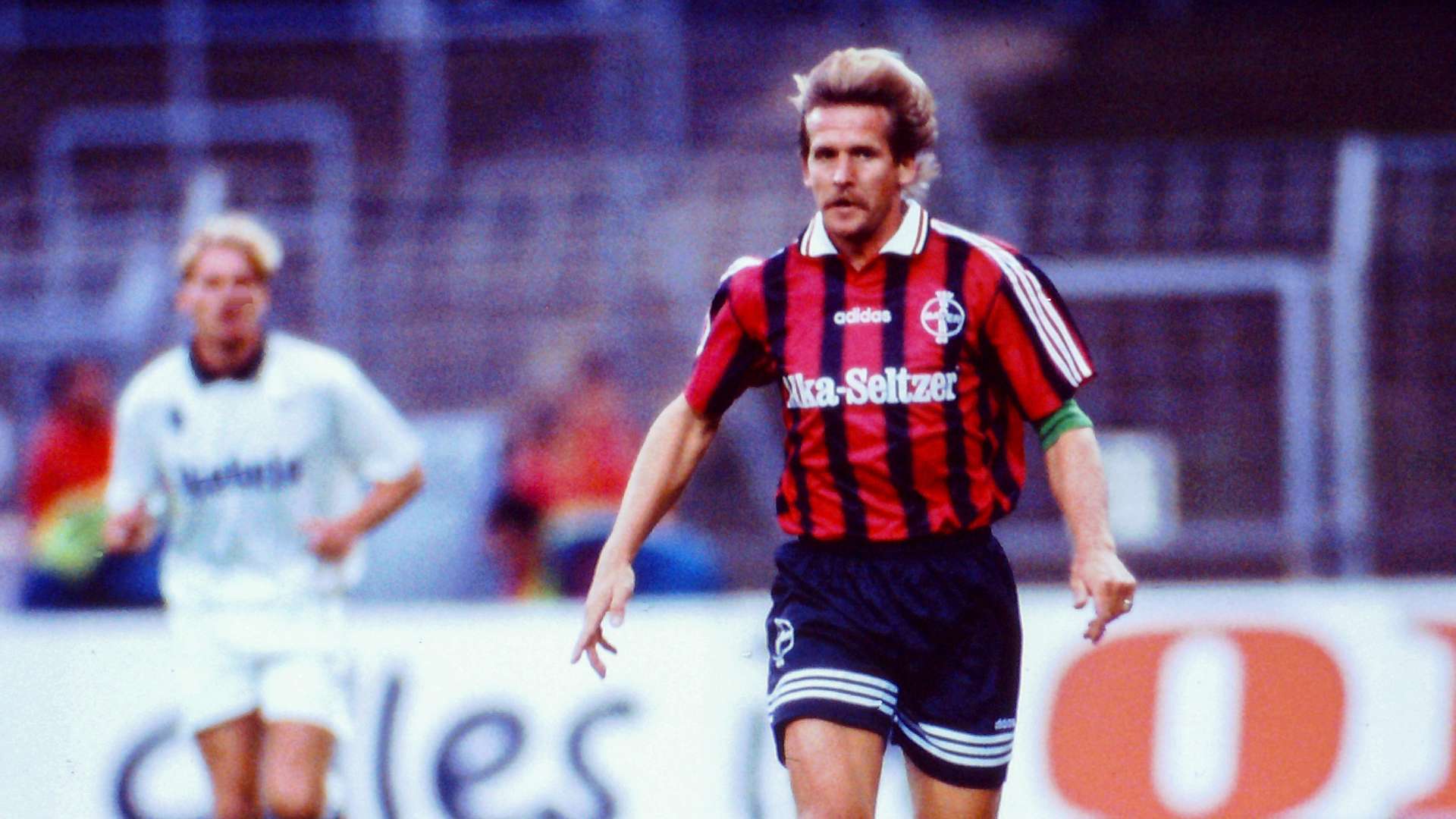
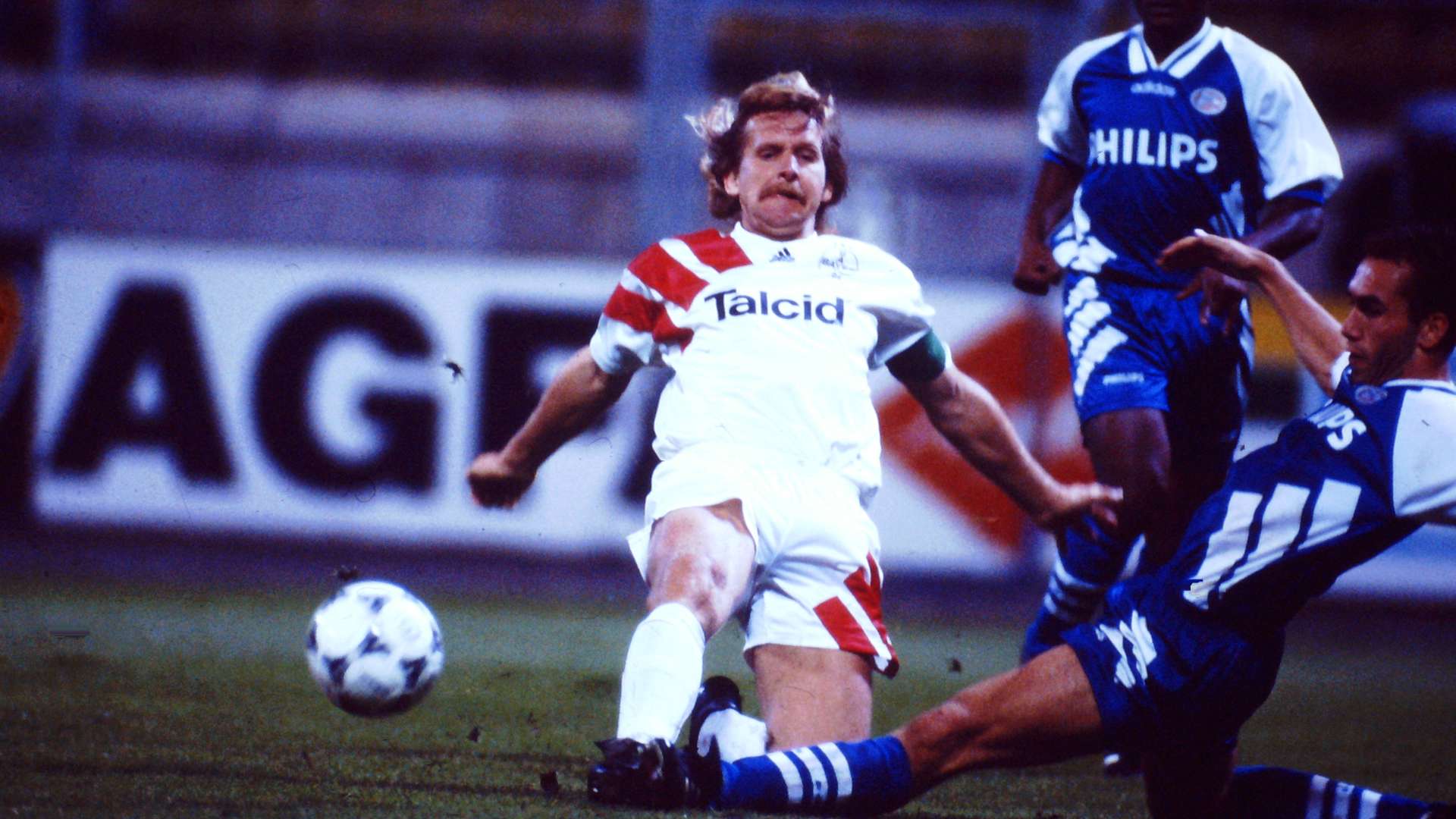
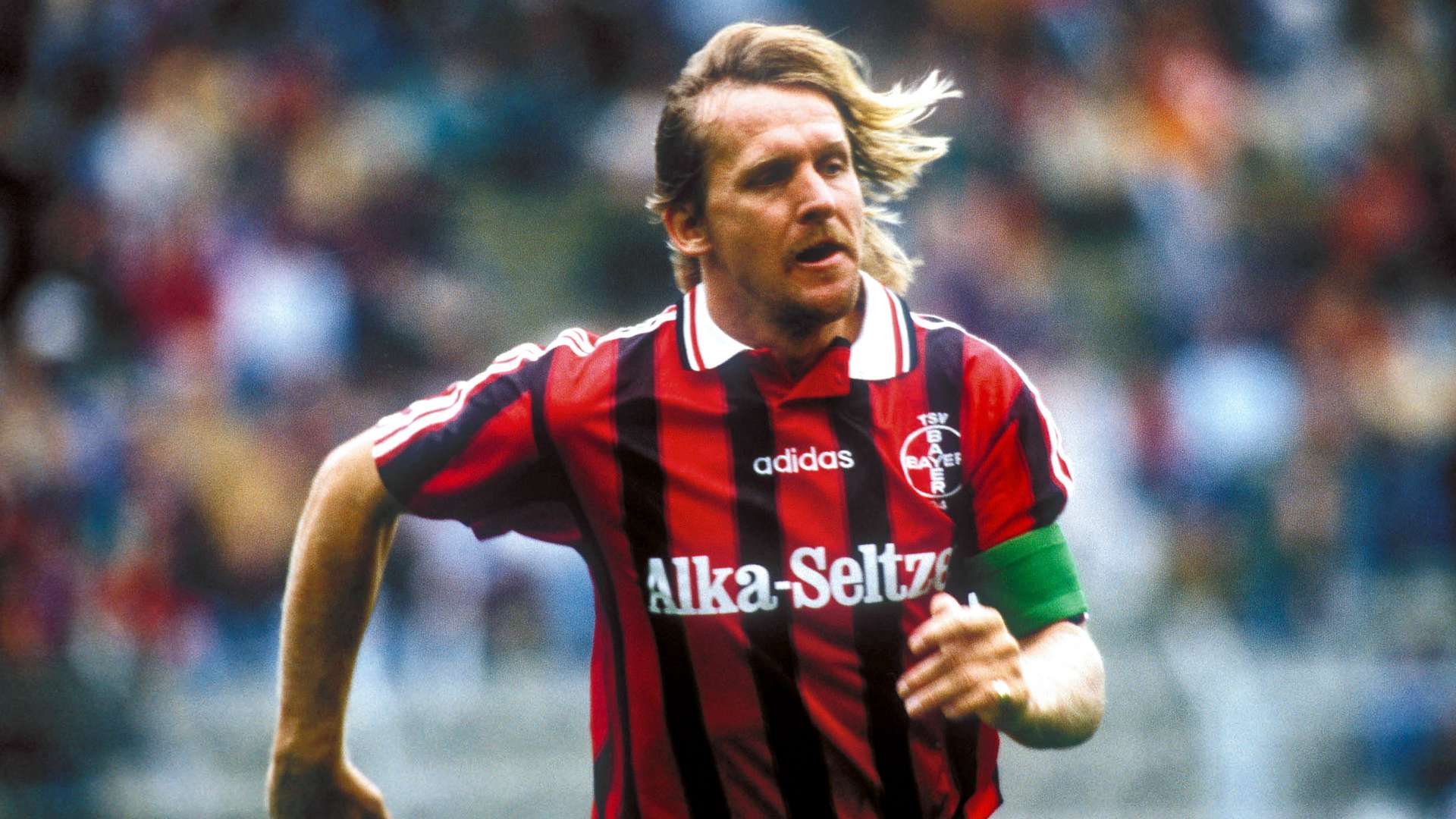
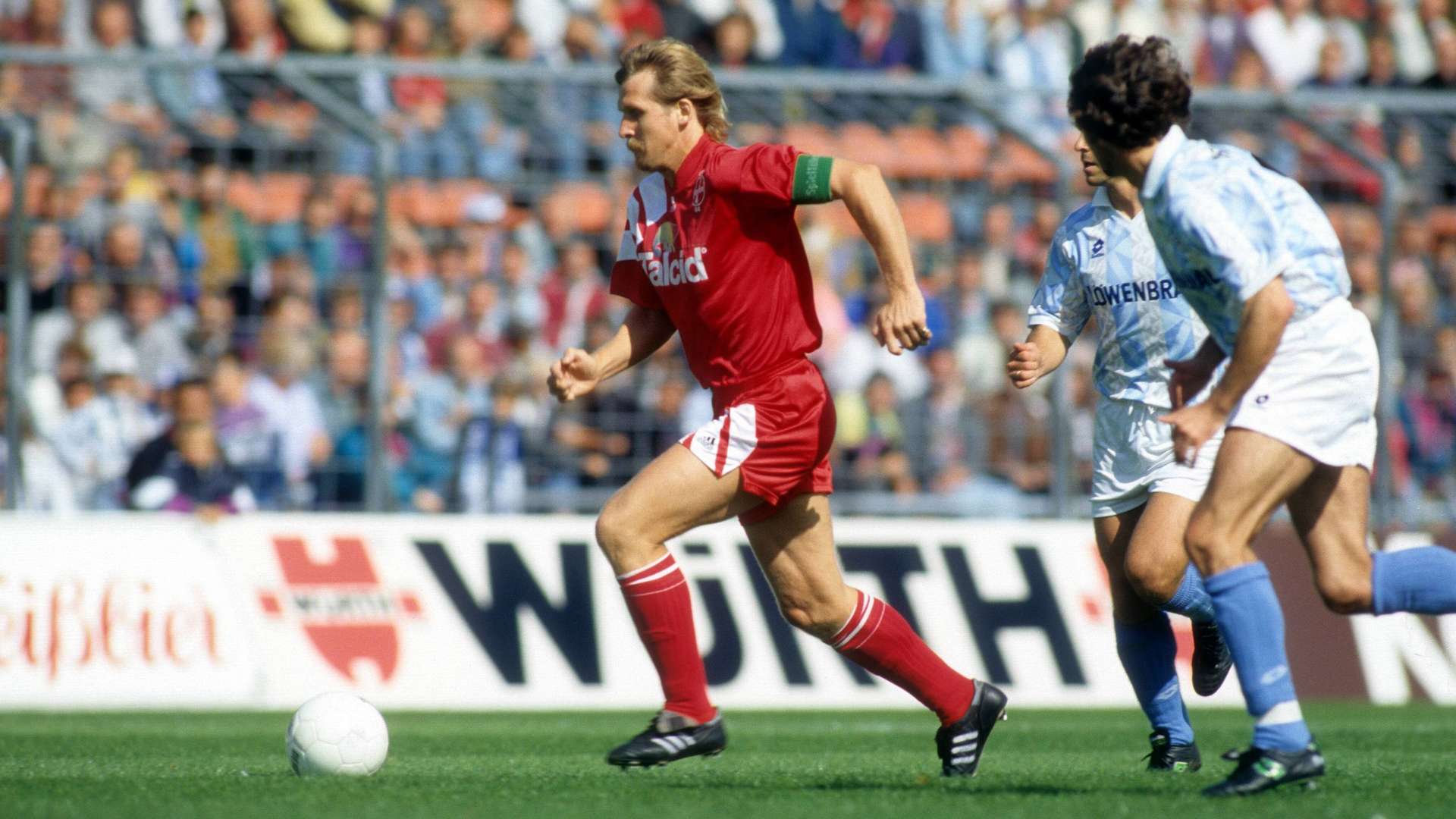
After a year without a trophy at Atletico, Bayer 04 boss Reiner Calmund made the move for the 34-year-old world-class player to the Bayer Cross attractive. Under coach Dragoslav Stepanovic, the midfield maestro was the man pulling the strings at the Werkself for the next two years. Schuster lived in Kürten where he pursued his hobby of breeding horses alongside playing football. In 1994, his goals against Eintracht Frankfurt, Karlsruher SC and GKS Katowice, with all three voted Goal of the Month, took the top three slots in the vote for Goal of the Season. His goal from 50 yards out against Eintracht Frankfurt was also voted Goal of the Decade.
In the 1995/96 season there were disagreements between coach Erich Ribbeck and Schuster that led to his contract being cancelled in March 1996. His last club as a player was in Mexico. He ended his playing career at the age of 37 after a season at UNAM Pumas but he did stay in the game as he went on to be a coach.
The rather introvert man from Augsburg coached Fortuna Köln, FC Köln, Shakhtar Donetsk and the Spanish clubs Deportivo Xerez, UD Levante, FC Getafe and Real Madrid. Schuster lifted the Spanish title with Real in 2008.
The father of five children lives with his second wife Elena in the Spanish capital and also appears as a pundit on German TV. In 2022 he was assumed into the Hall of Fame of German football.
Dear Bernd, I wish you many happy returns on your birthday and stay fit and healthy!
Related News
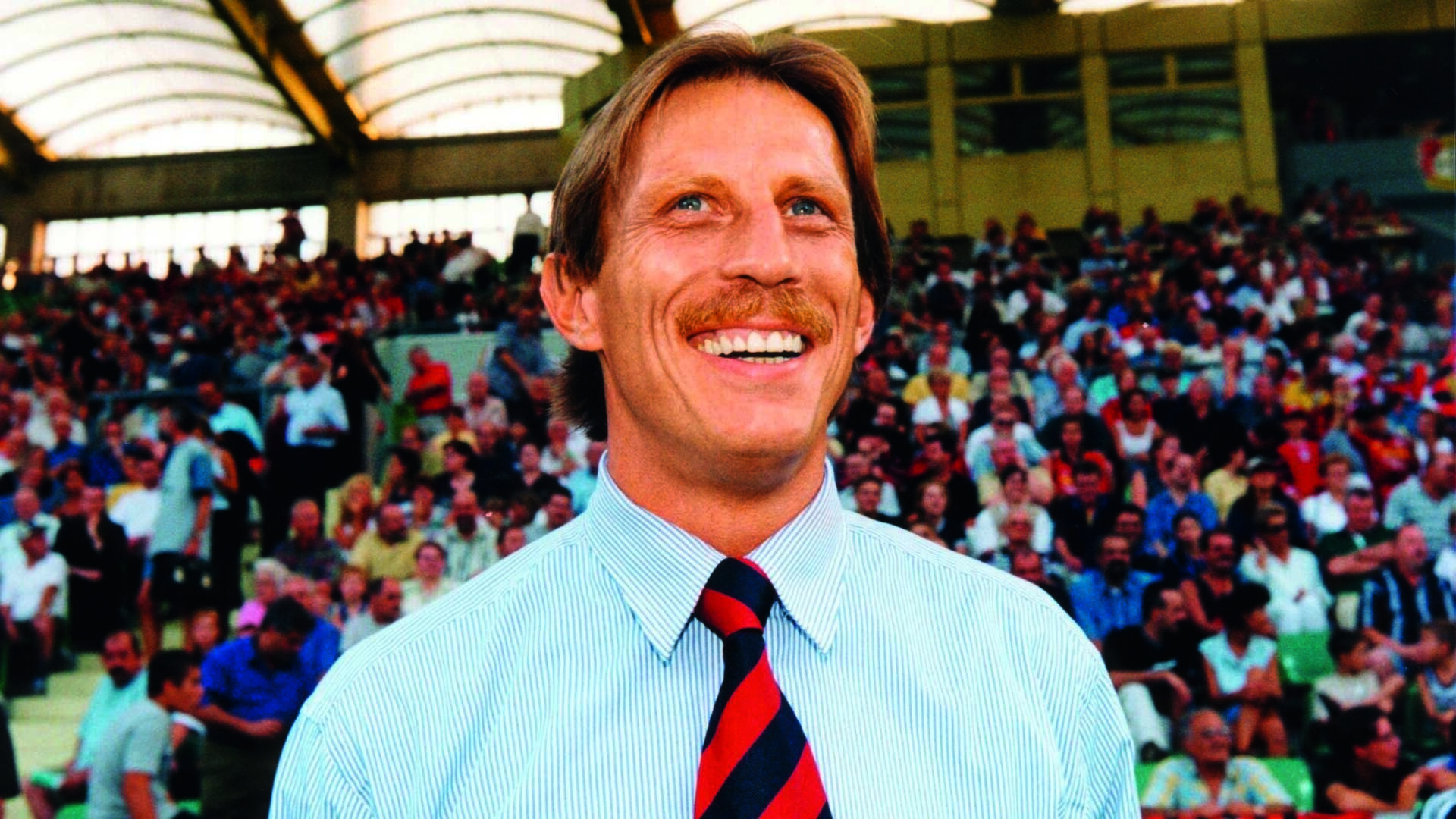
Legend: Christoph Daum - The man who taught us to want
Christoph Daum was born on 24 October 1953 in Zwickau. As a child, he moved to West Germany with his mother and grew up in Duisburg. He developed a great enthusiasm for football at an early age, even though it soon became clear that his future lay less on the pitch than on the sidelines. Even at a young age, his passion for analysing, explaining and improving things became apparent.
Show more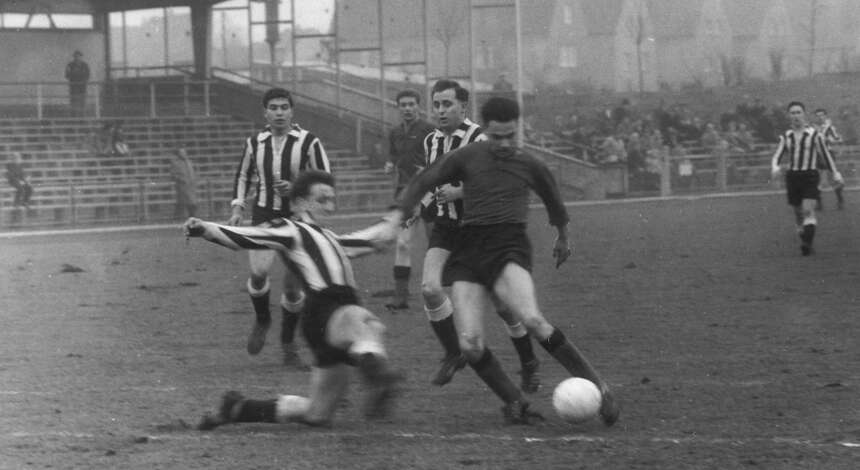
From the archives: 65 years ago - Another victory at last
When the Bayer 04 players celebrated Christmas in 1960, they spent the winter in second place in the Oberliga West 2 on 20 points - but already five points behind leaders Schwarz-Weiß Essen. However, coach Erich Garske's team are struggling to get back on track in the new year. A goalless draw against Bonner FV at home at the Ulrich Haberland Stadium was followed by a 2-1 away defeat in Erkenschwick. The following home game also yielded just one point. As a result, the team's promotion ambitions dwindled to a minimum, as the gap to the coveted spot has now grown to a challenging ten points.
Show more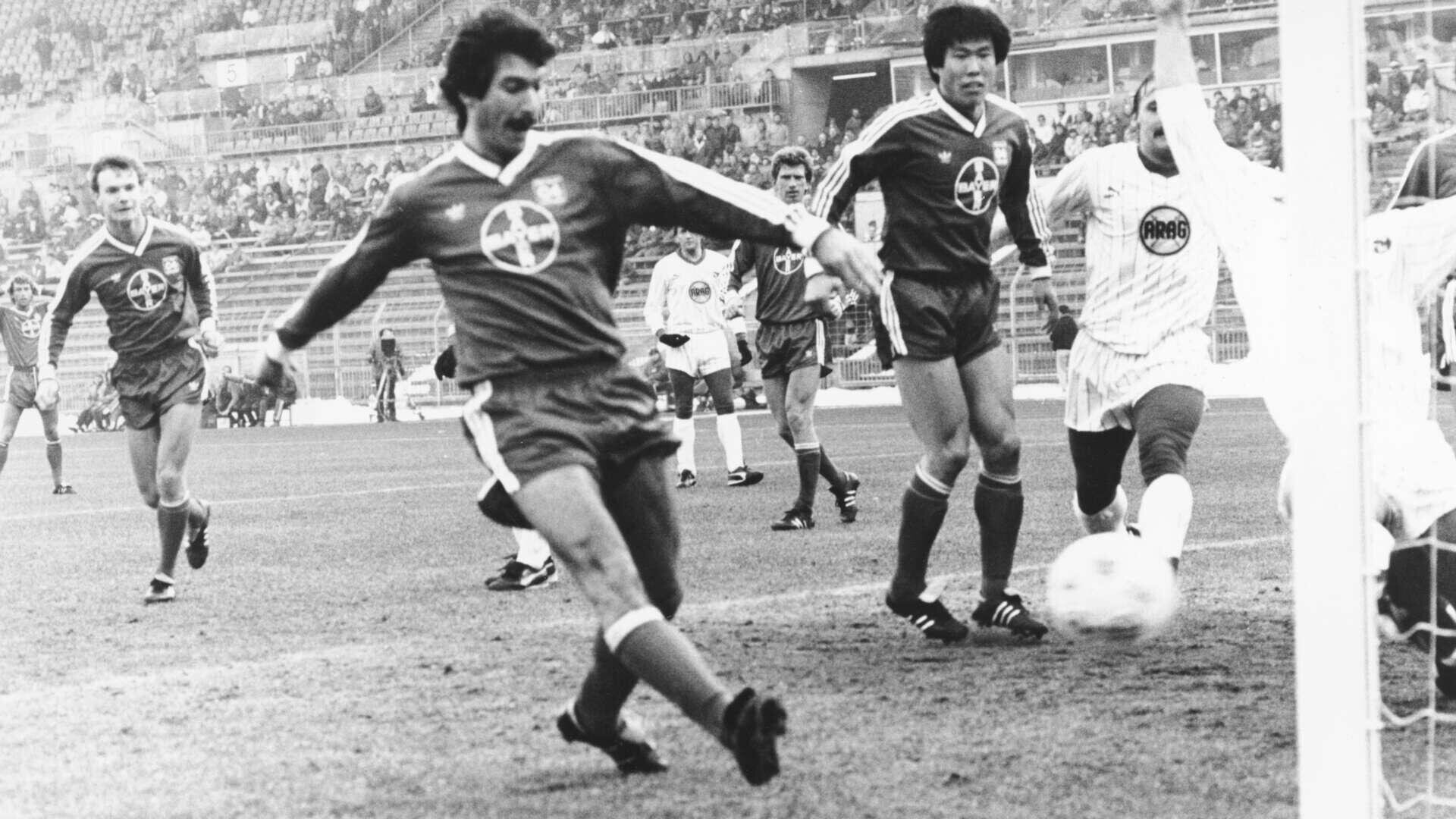
Goals of the month: From Waas to Tapsoba
In this video you can see impressive and important goals in Bayer 04 history from the month of February. It's not always about the beauty of the goals, but also a reminder of special games and players.
Show more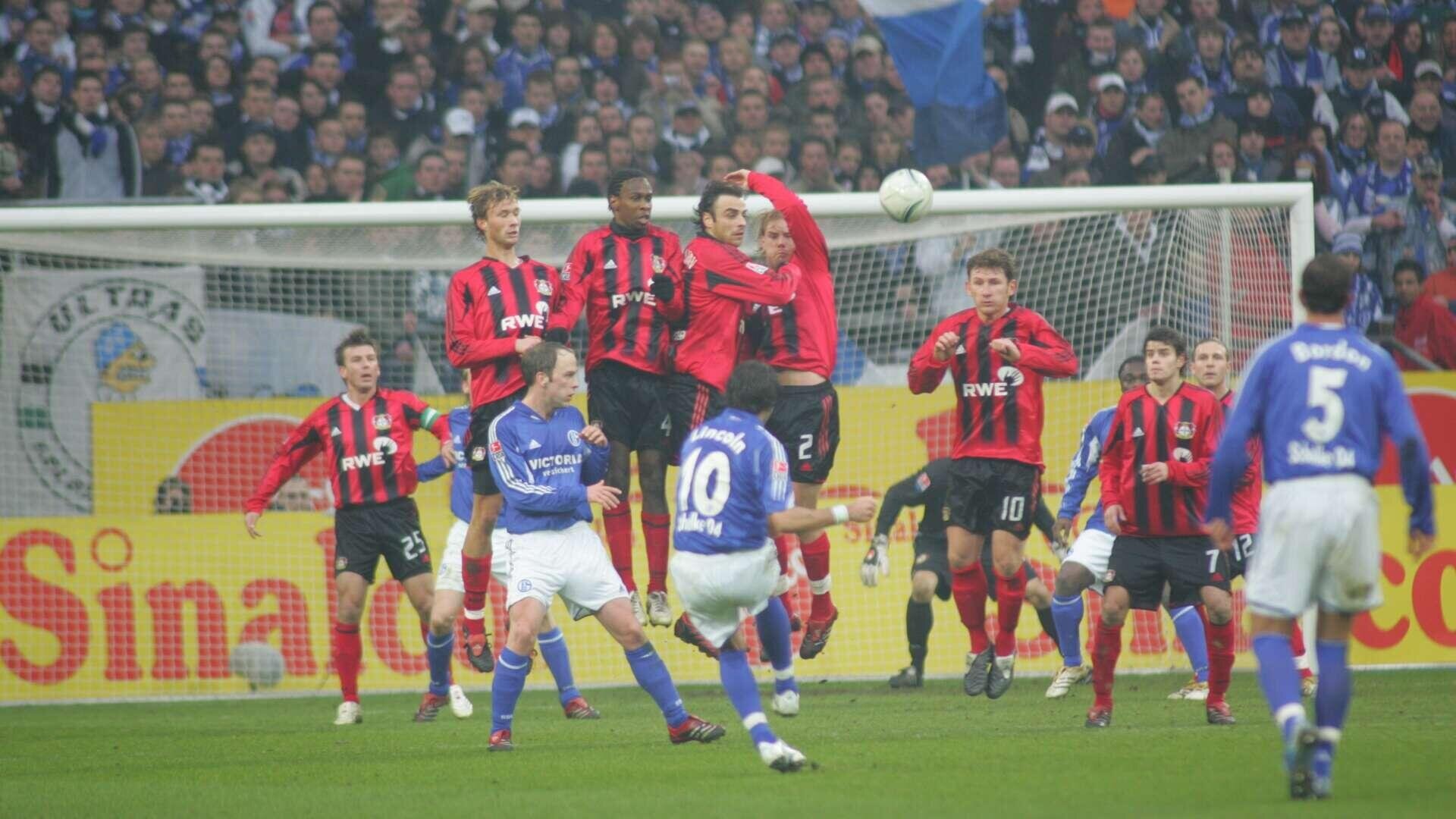
Match of the month: 20 years ago - A game of goals galore
It is 11 February 2006 and Schalke 04 and the Werkself kick off at 3.30 p.m. in a match that ends up being historic - at least from a Bayer 04 perspective.
Show more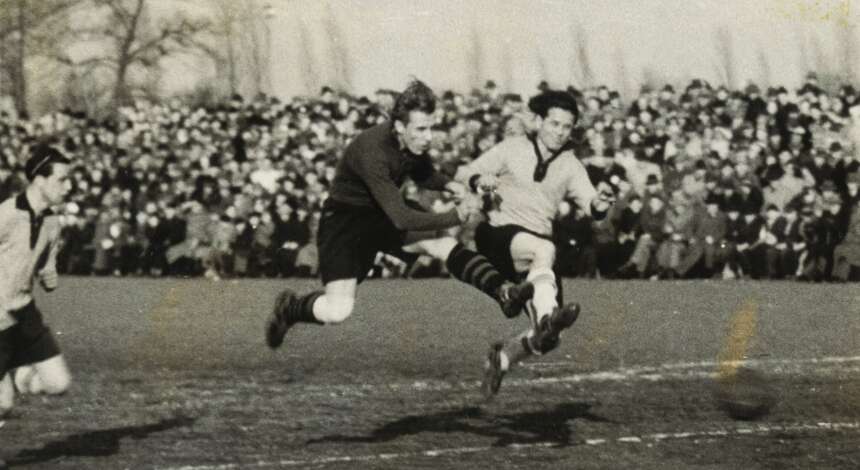
History: 75 years ago - The 1950/51 season (February)
As league leaders, the Werkself welcomed the relegation-threatened team from Rhenania Würselen. On 4 February 1951, 5,000 spectators line the touchlines despite the Sunday carnival parades. And they see a home team that is superior on the pitch. Without Theo Kirchberg, who was ill, and Emil Becks, who was suspended, the hosts attacked the opposing goal from the start. Battling against a strong wind in the first half, Bayer 04 created chance after chance, but were repeatedly thwarted by the Würselen goalkeeper. With the score at 0-0 at half-time, Karl Heinz Spikofski tried his luck on 55 minutes and hammered the ball into the opposition net from 20 metres out. Rhenania can no longer counterattack. The siege of the Würselen penalty area continued right to the end, but the game ended in a narrow 1-0 win.
Show more